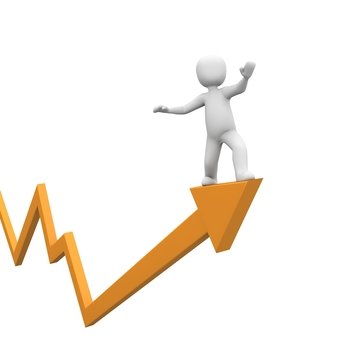 It's no secret that the retail world has had a rocky few years. Ever since the now near-mythical global financial crash of 2008, consumers have been extremely wary about their spending, and retailers have been feeling the pinch. Even now, going on six years later, the average consumer is just beginning to regain their sense of confidence in their earning power, and the impact that their long slumber has had on the retail markets are still being calculated. However, the economy in the United Kingdom - in the retail sales sector, at least - seems to be slowly recovering itself.
It's no secret that the retail world has had a rocky few years. Ever since the now near-mythical global financial crash of 2008, consumers have been extremely wary about their spending, and retailers have been feeling the pinch. Even now, going on six years later, the average consumer is just beginning to regain their sense of confidence in their earning power, and the impact that their long slumber has had on the retail markets are still being calculated. However, the economy in the United Kingdom - in the retail sales sector, at least - seems to be slowly recovering itself.
While the forecast for the year might have been a hopelessly optimistic in terms of hard numbers, but economists are still predicting a year of robust economic growth for the UK economy, largely due to the fact that the housing market is stabilizing and strengthening, which tends to be one of the main drivers of consumer confidence - and by extension, of consumer spending habits.